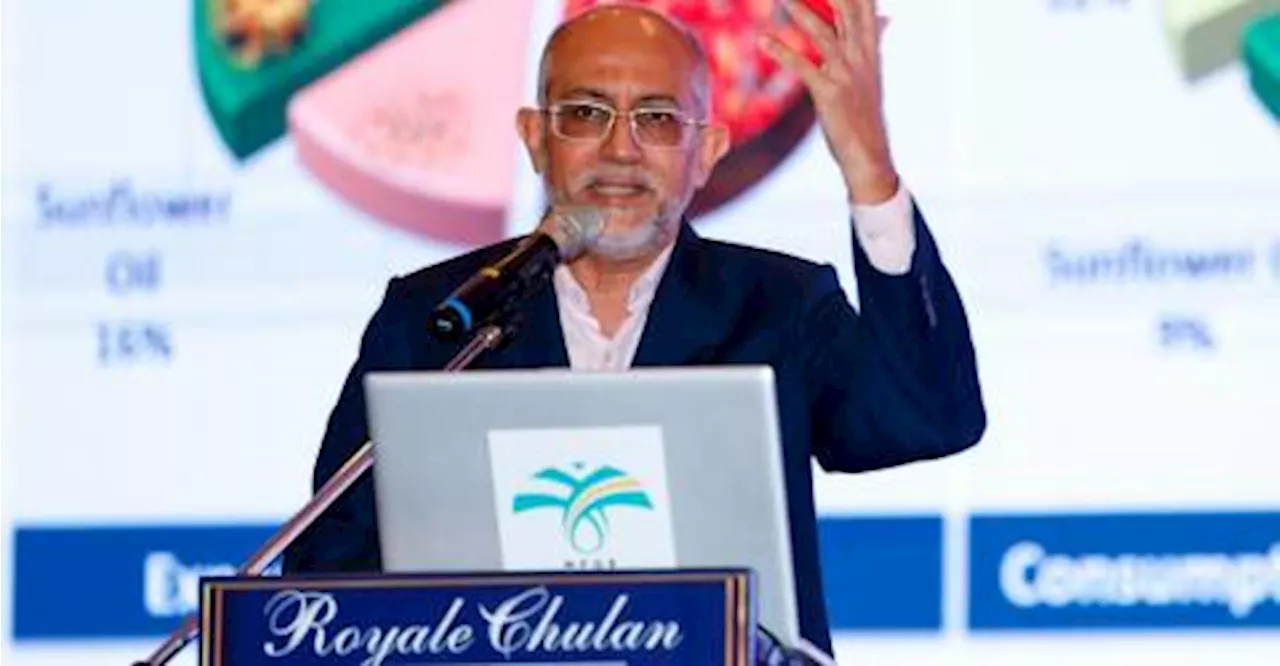Malaysian Palm Oil Board (MPOB) director-general Datuk Ahmad Parveez Ghulam Kadir emphasizes the importance of regional trade agreements and global collaboration to boost the palm oil sector. He highlights the role of sustainability, smallholder inclusion, and innovation in ensuring a resilient and responsible palm oil industry.
Ahmad Parveez giving a speech during Palm Oil Economic Review and Outlook Seminar in Kuala Lumpur today. – BernamapicThe palm oil trade is a cornerstone of Asean ’s economic activity, and Malaysia is committed to leveraging regional frameworks such as the Regional Comprehensive Economic Partnership and Asean ’s free trade agreements with countries such as South Korea, Australia and New Zealand.
He said the Asean chairmanship offers an opportunity to strengthen collaboration not only within the region, but also with key global markets, particularly the United States and the European Union. Ahmad Parveez said Malaysia's leadership in promoting sustainability is also at the forefront and the country is advocating for the harmonisation of sustainability standards across Asean.
Moreover, the inclusion of smallholders in the global supply chain is a priority for Malaysia, with efforts to improve their participation in trade through regional collaborations. A memorandum of understanding is expected to formalise deeper collaboration in the palm oil sector, ensuring that the benefits of palm oil production are equitably shared across Asean nations.
PALMOIL ASEAN MALAYSIA TRADE SUSTAINABILITY
Malaysia Latest News, Malaysia Headlines
Similar News:You can also read news stories similar to this one that we have collected from other news sources.
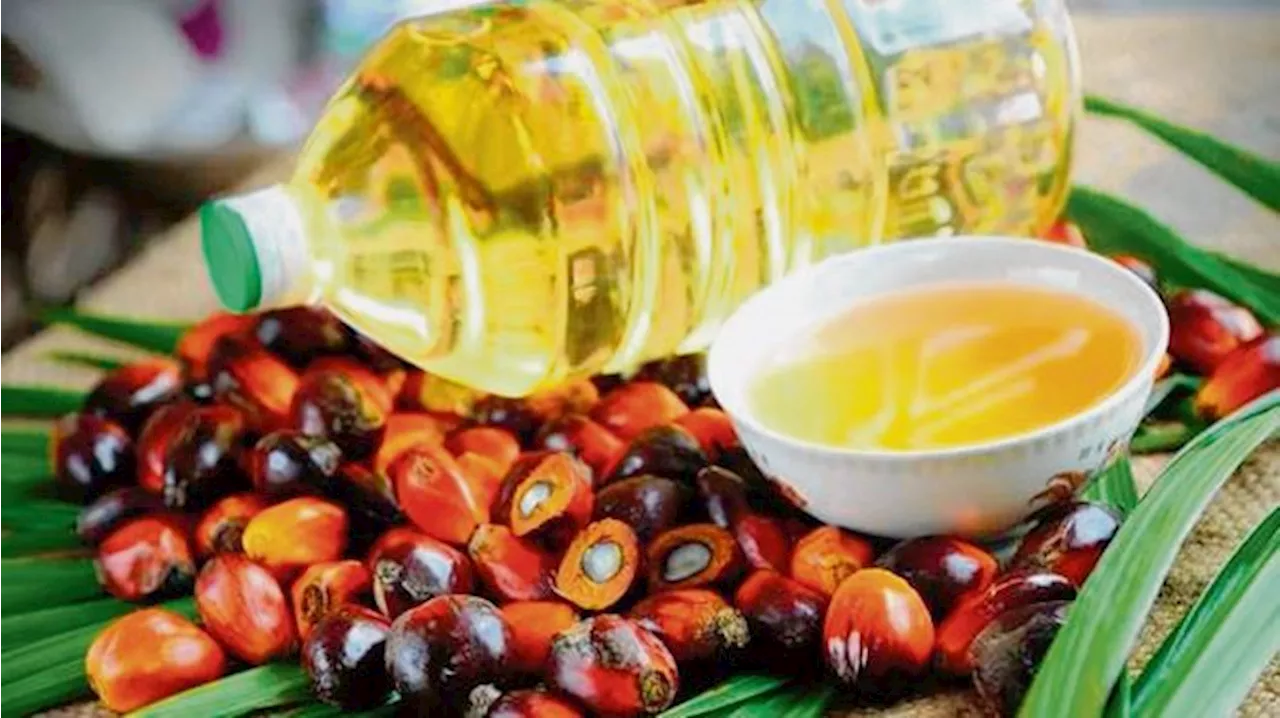 Soybean Oil Recovery to Support Palm Oil Prices in DecemberThe Malaysian Palm Oil Council (MPOC) anticipates continued support for palm oil prices (CPO) from the recovery of soybean oil prices, keeping them above RM4,800 in December. However, the extent of the price increase depends on supply conditions in Malaysia and Indonesia. The MPOC notes that adverse monsoon conditions throughout December could disrupt production, while low energy prices could act as a deterrent to palm oil price increases. Production of palm oil in Malaysia has shown a declining trend since September, following a rapid growth in the first eight months of the year. Despite this, November exports were the second highest for November since 2018. For the year, exports are expected to reach 16.8 million tons. Looking ahead, the MPOC expects stable demand for palm oil in December as importers build stockpiles ahead of Indonesia's B40 biodiesel mandate implementation in January 2025.
Soybean Oil Recovery to Support Palm Oil Prices in DecemberThe Malaysian Palm Oil Council (MPOC) anticipates continued support for palm oil prices (CPO) from the recovery of soybean oil prices, keeping them above RM4,800 in December. However, the extent of the price increase depends on supply conditions in Malaysia and Indonesia. The MPOC notes that adverse monsoon conditions throughout December could disrupt production, while low energy prices could act as a deterrent to palm oil price increases. Production of palm oil in Malaysia has shown a declining trend since September, following a rapid growth in the first eight months of the year. Despite this, November exports were the second highest for November since 2018. For the year, exports are expected to reach 16.8 million tons. Looking ahead, the MPOC expects stable demand for palm oil in December as importers build stockpiles ahead of Indonesia's B40 biodiesel mandate implementation in January 2025.
Read more »
 Airei leads Malaysia’s palm oil industry into advanced technology-driven futureKUALA LUMPUR: Airei Sdn Bhd aims to propel the Malaysian palm oil industry to the forefront of global innovation by championing sustainable practices ...
Airei leads Malaysia’s palm oil industry into advanced technology-driven futureKUALA LUMPUR: Airei Sdn Bhd aims to propel the Malaysian palm oil industry to the forefront of global innovation by championing sustainable practices ...
Read more »
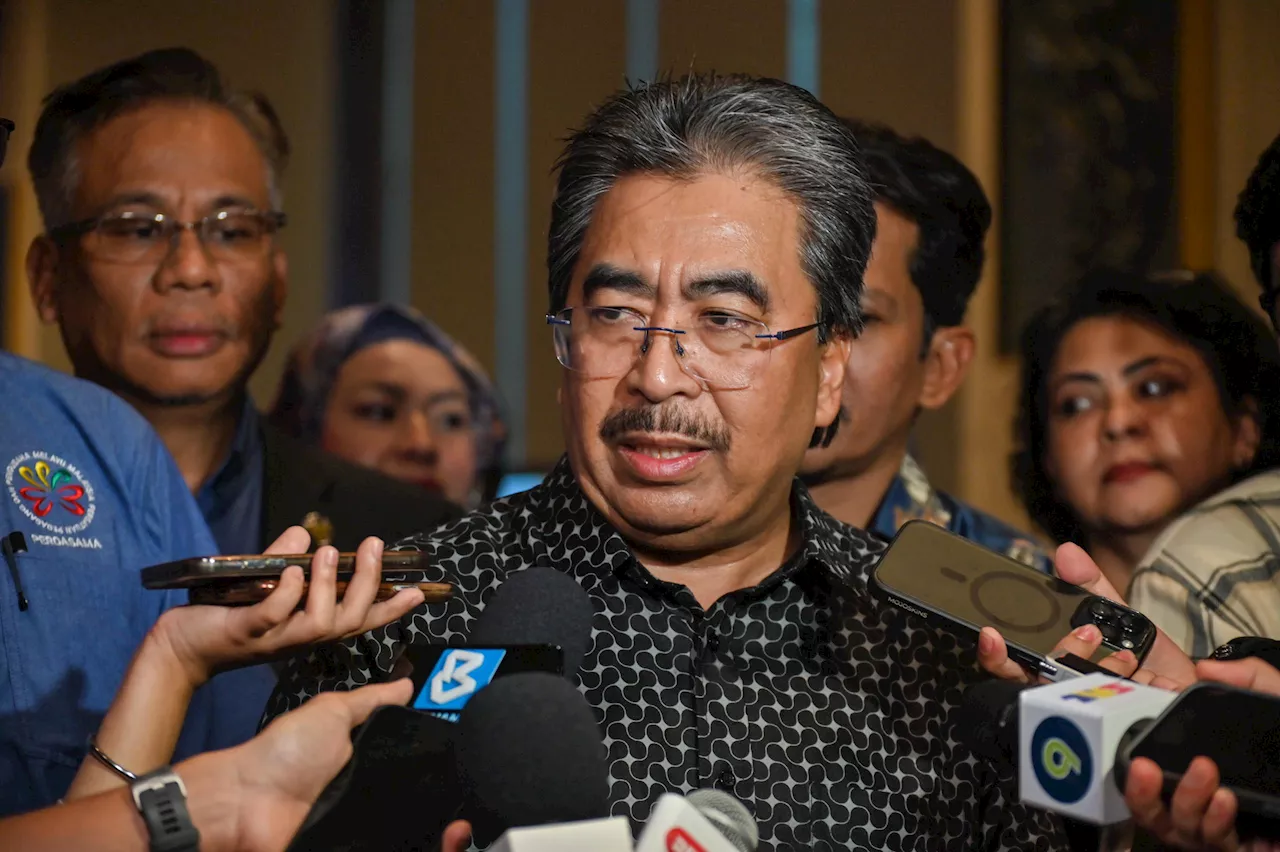 Palm Oil Buyers in Malaysia Required to Show Receipts from Next YearFrom next year, all buyers of palm oil in Malaysia will be required to show complete purchase receipts from smallholders for every purchase. The Minister of Plantation and Commodities, Datuk Seri Johari Abdul Ghani, said that the new requirement will apply to buyers and distributors in the palm oil industry. He also stated that buyer licenses will not be renewed if they violate the established procedures. This measure aims to ensure compliance and integrity in the country's palm oil industry.
Palm Oil Buyers in Malaysia Required to Show Receipts from Next YearFrom next year, all buyers of palm oil in Malaysia will be required to show complete purchase receipts from smallholders for every purchase. The Minister of Plantation and Commodities, Datuk Seri Johari Abdul Ghani, said that the new requirement will apply to buyers and distributors in the palm oil industry. He also stated that buyer licenses will not be renewed if they violate the established procedures. This measure aims to ensure compliance and integrity in the country's palm oil industry.
Read more »
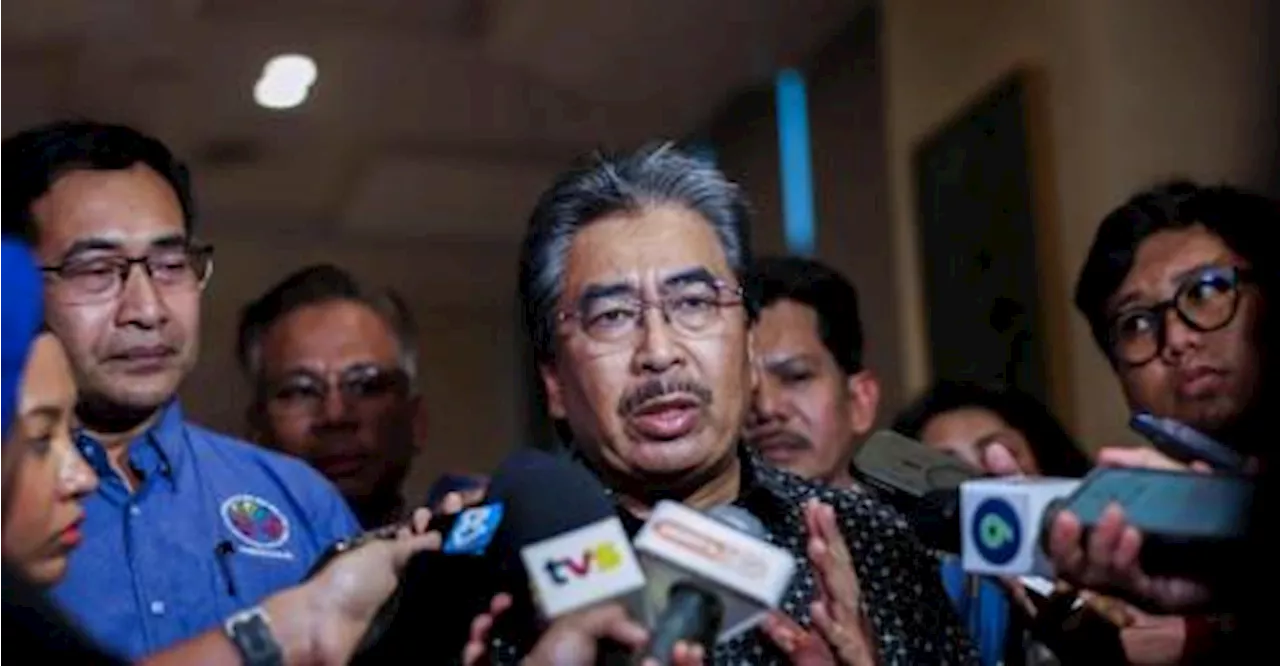 Malaysia to Inspect Palm Oil Buyers' Scales in 2025 to Protect SmallholdersStarting in 2025, Malaysian authorities will conduct surprise inspections on oil palm buyers to ensure accurate weighing scales are used, protecting the interests of smallholders.
Malaysia to Inspect Palm Oil Buyers' Scales in 2025 to Protect SmallholdersStarting in 2025, Malaysian authorities will conduct surprise inspections on oil palm buyers to ensure accurate weighing scales are used, protecting the interests of smallholders.
Read more »
 Malaysia to Conduct Surprise Checks on Palm Oil Weighing ScalesStarting in 2025, Malaysia will implement surprise checks on palm fruit harvesting companies to ensure accurate weighing scales and protect smallholder interests.
Malaysia to Conduct Surprise Checks on Palm Oil Weighing ScalesStarting in 2025, Malaysia will implement surprise checks on palm fruit harvesting companies to ensure accurate weighing scales and protect smallholder interests.
Read more »
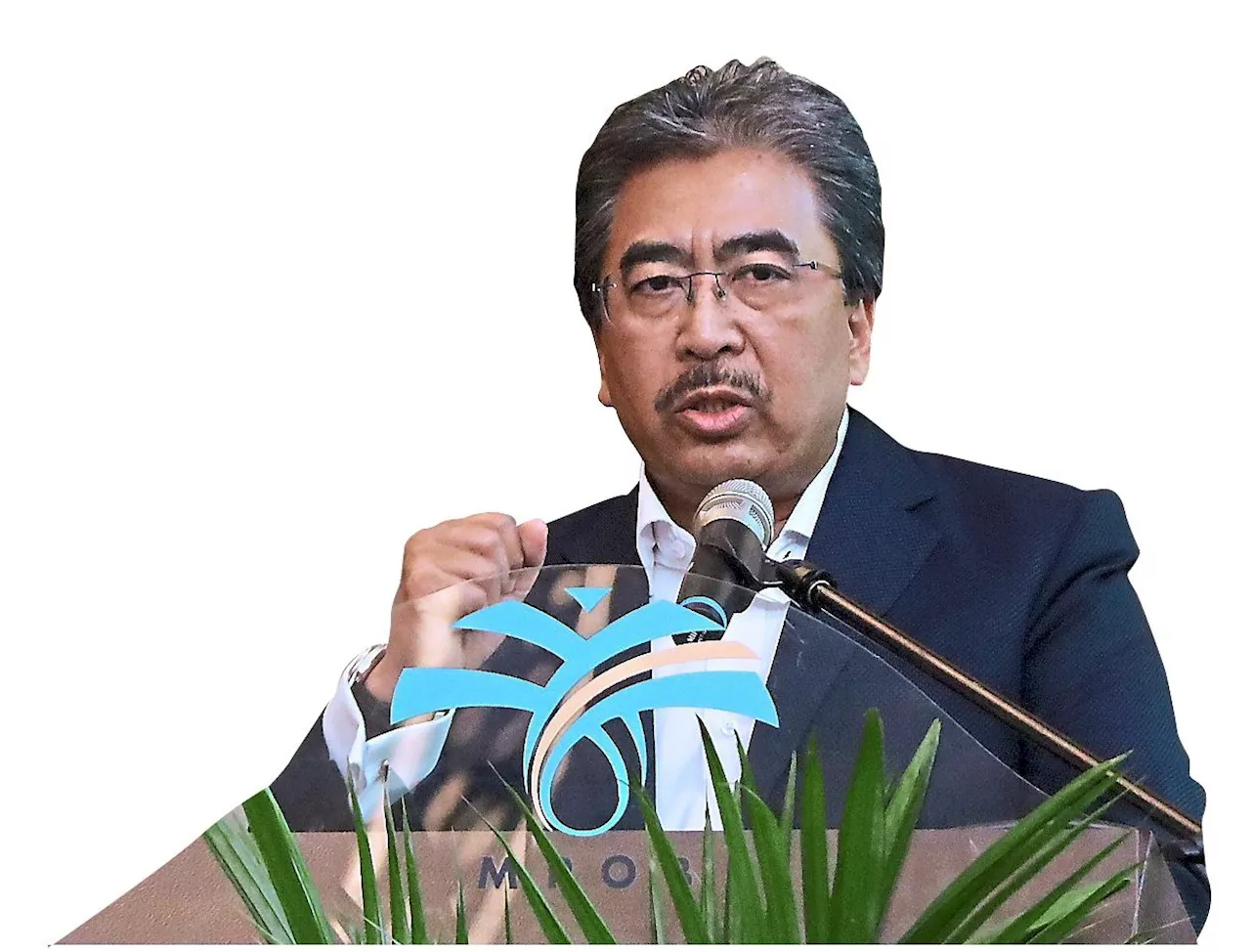 Malaysia, Indonesia Call for Greater Cooperation to Navigate Palm Oil Industry ChallengesPlantation and Commodities Minister Datuk Seri Johari Abdul Ghani urged closer cooperation between Malaysia and Indonesia to address regulatory hurdles facing the global palm oil sector. He warned that protectionist policies, such as the EUDR, could create trade barriers. Johari emphasized the role of the Council of Palm Oil Producing Countries (CPOPC) in fostering fair treatment for smallholders, improving market access, and promoting sustainable practices. The minister also highlighted Indonesia's position as the world's largest palm oil producer and its use of palm oil for biodiesel, which he sees as crucial in combating climate change.
Malaysia, Indonesia Call for Greater Cooperation to Navigate Palm Oil Industry ChallengesPlantation and Commodities Minister Datuk Seri Johari Abdul Ghani urged closer cooperation between Malaysia and Indonesia to address regulatory hurdles facing the global palm oil sector. He warned that protectionist policies, such as the EUDR, could create trade barriers. Johari emphasized the role of the Council of Palm Oil Producing Countries (CPOPC) in fostering fair treatment for smallholders, improving market access, and promoting sustainable practices. The minister also highlighted Indonesia's position as the world's largest palm oil producer and its use of palm oil for biodiesel, which he sees as crucial in combating climate change.
Read more »
